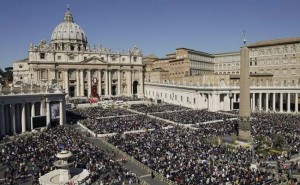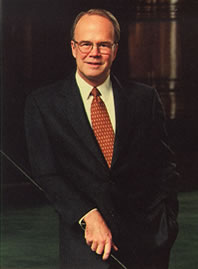 “If private revelations agree with Scripture, they are needless, and if they disagree they are false.” – John Owen
“If private revelations agree with Scripture, they are needless, and if they disagree they are false.” – John Owen
“So when the Devil throws your sins in your face, and declares that you deserve death and Hell, tell him this: I admit that I deserve death and Hell, what of it? For I know one who suffered and made satisfaction in my behalf. His name is Jesus Christ, Son of God. Where He is there I shall be also!” – Martin Luther
“Unless, by the grace of God, you are willing give up all hope in yourself, all trust in your own morality, all pride in your own goodness, all trust in your good works, your praying, church attending and bible reading then you do not yet know Christ, nor have you experienced forgiveness from God. It is only when the Spirit grants a sinner such a sight of the holiness, beauty and majesty of God that he immediately despairs of all hope in himself … such that he flees out of himself and he trusts, rather, in Christ alone … he is the one who experiences the pardon of God. For Christ alone is worthy, righteous, and died in the place of all sinners who trust in Him.” – John Hendryx
“Do you think Jesus Christ is only for little sinners? Is He a doctor who only heals finger-aches? Beloved, it is not faith to trust Christ when I have no sin, but it is true faith when I am foul, and black, and filthy; when during the day I have tripped up and fallen, and done serious damage to my joy and peace—to go back again to that dear fountain and say, “Lord, I never loved washing as much before as I do tonight, for today I have made a fool of myself; I have said and done what I ought not to have done, and I am ashamed and full of confusion, but I believe Christ can save me, even me, and by His grace I will rest in Him still.” – C. H. Spurgeon
“The saving power of faith resides thus not in itself, but in the Almighty Savior on whom it rests. It is not faith that saves, but faith in Jesus Christ. It is not, strictly speaking, even faith in Christ that saves, but Christ that saves through faith. The saving power resides exclusively, not in the act of faith or the attitude of faith, or the nature of faith, but in the object of faith. We could not more radically misconceive it than by transferring to faith even the smallest fraction of that saving energy which is attributed in the Scriptures wholly to Christ Himself.’ – Benjamin B. Warfield
“Two of the rarest sights are a young man who is humble and an old man who is content.” – J.C. Ryle
“Hell is eternity in the presence of God. Heaven is eternity in the presence of God with a Mediator.” – Roderick A. Finlayson
“God speaks through the Scriptures. He speaks with the Word, through the Word, and never against the Word.” – R. C. Sproul



